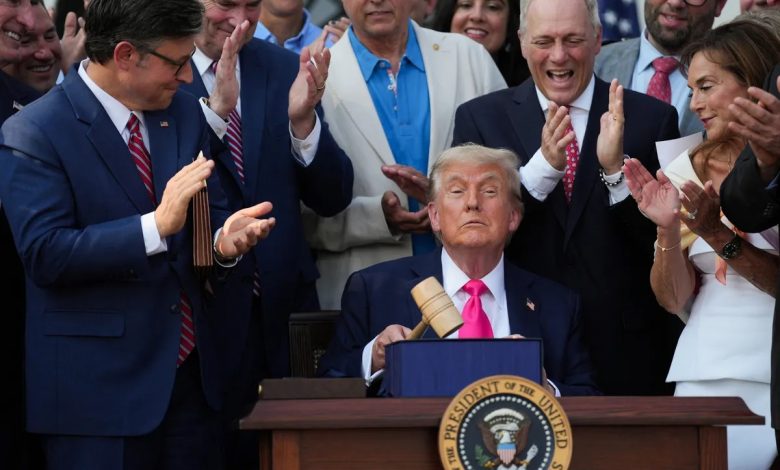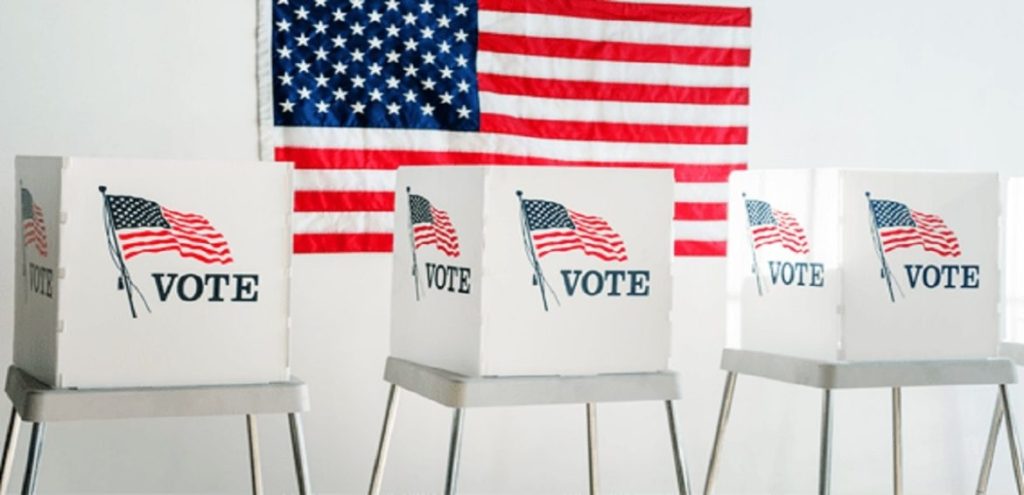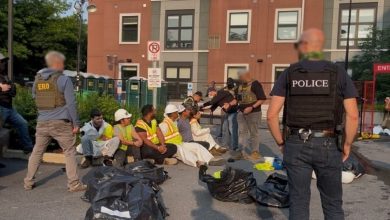Trump Sparks Controversy After Calling for Ban on Early and Mail-In Voting Ahead of 2026 Midterms
Former President’s Remarks Renew Concerns Over Election Integrity and State Authority in Voting Laws.

Former U.S. President Donald Trump sparked widespread controversy on Sunday after announcing on his platform, Truth Social, that he intends to ban early and mail-in voting ahead of the 2026 midterm elections, citing baseless allegations of fraud in the 2020 presidential race.
Although the president does not have constitutional authority to change state-administered voting laws, Trump’s remarks have reignited concerns over attempts to undermine public trust in the electoral system.
In his post, Trump described mail-in and early voting as the “biggest scandal in American history,” calling for mandatory voter ID laws and attacking California for its redistricting bill, which he claimed was designed to boost Democratic representation in Congress. “Republicans, get your act together before it’s too late!!!” he wrote.

Trump’s Push to End Mail-In Voting Faces Legal and Political Backlash
Trump had previously announced in August 2025 his intention to issue an executive order to eliminate mail-in ballots and electronic voting machines, calling them a “scam.” However, legal experts stressed that the president has no legal authority to ban such state-regulated practices under the U.S. Constitution.
In a move that fueled further debate, Trump’s administration reportedly deployed Justice Department observers to monitor local elections in California—an act critics labeled as “voter intimidation.” The elections in question did not involve any federal offices. The move echoed Trump’s 2020 comments suggesting the deployment of law enforcement officers to polling sites, which election officials across multiple states widely condemned.
The Justice Department has not issued an official statement regarding Trump’s latest remarks. However, election law experts affirmed that any attempt to ban early or mail-in voting would face immediate legal challenges and likely be struck down as a violation of state powers.
Both early voting and vote-by-mail have become essential for millions of Americans, particularly since the COVID-19 pandemic, providing greater flexibility and access to the ballot box. Polls indicate that a majority of U.S. voters support keeping these options, citing convenience and voter participation.



